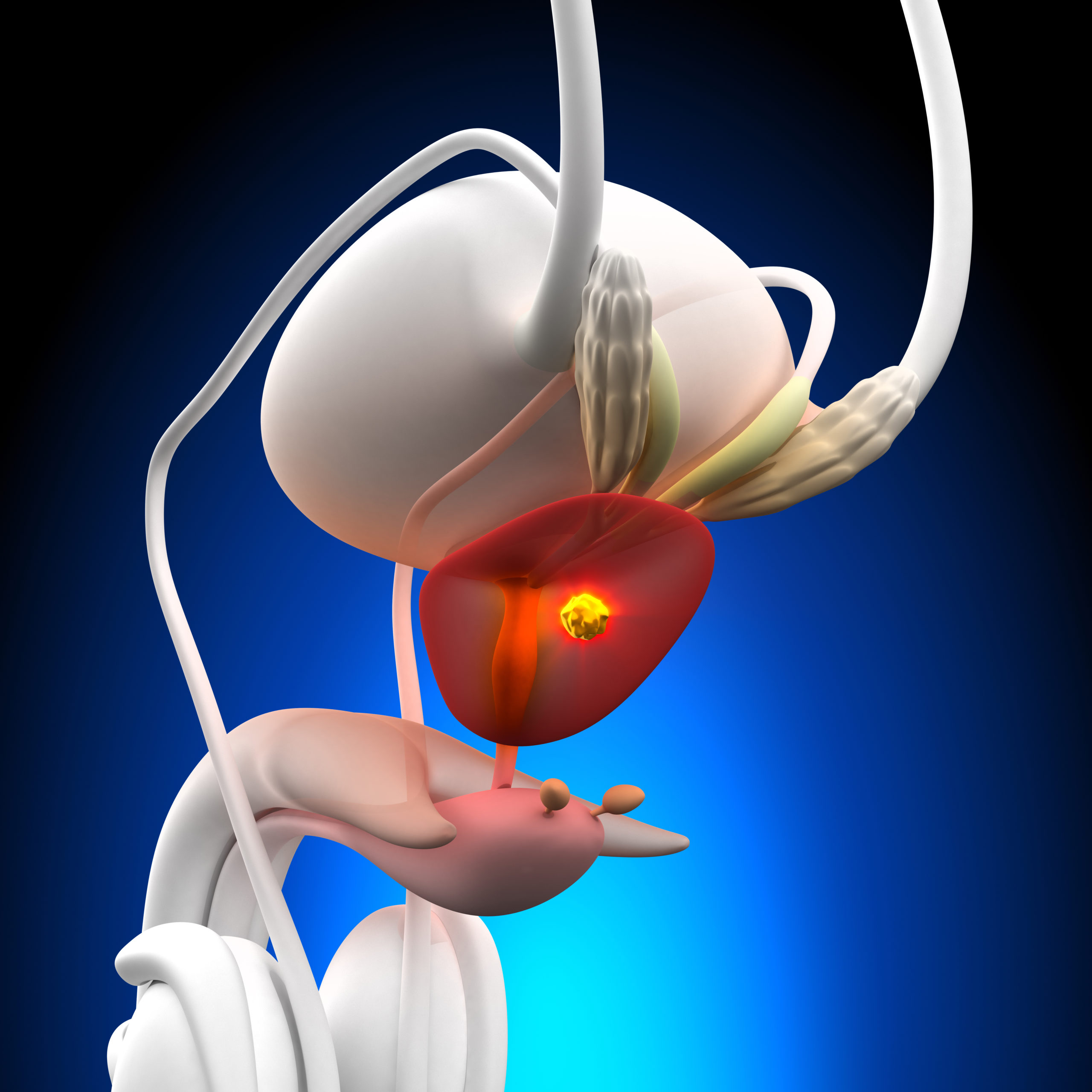
Researchers performed a meta-analysis to compare abiraterone and abiraterone plus apalutamide—both with androgen deprivation therapy (ADT)—in patients with metastatic castration resistant prostate cancer (mCRPC). Based on their data, they reported that the addition of apalutamide did not improve overall survival (OS), but did improve progression free survival (PFS). Their findings were presented in Critical Reviews in Oncology/Hematology.
After searching records published by March 2021, the authors enrolled 3,787 patients from three trials on advanced androgen blockage with (abiraterone or enzalutamide) or androgen annihilation (abiraterone plus apalutamide). The team used Kaplan-Meier models to compare OS and PFS based on differences in restricted mean survival time (ΔRMST).
Androgen Annihilation Versus Androgen Blockage in mCRPC
Overall, the investigators found patients treated with androgen annihilation had OS comparable with those treated with advanced androgen blockage at month 36 (ΔRMST, -0.2; 95% CI, -1.1 to 0.8; P=.8).
Compared to patients who received ADT alone, both androgen annihilation and advanced androgen blockage yielded longer OS at month 36 with a ΔRMST of 1.6 (95% CI, 0.6-2.7; P=.002) and 1.8 months (95% CI, 1.1-2.5; P<.001), respectively.
Interestingly, despite the lack of improvement in OS, the researchers found androgen annihilation demonstrated better PFS at month 36 compared to advanced androgen blockage with a ΔRMST of 2.4 months (95% CI, 1.0-3.8; P=.001). The study’s authors theorized the combined regimen’s lack of benefit in OS may be due to increased other-cause mortality or efficacy of second-line therapies.
The study’s authors felt the significance of the PFS benefit was uncertain. In closing, they suggested that the “optimal treatment sequence and patient selection for androgen annihilation remain open points.”
Related: Role of Testosterone in Prostate Cancer Progression







 © 2025 Mashup Media, LLC, a Formedics Property. All Rights Reserved.
© 2025 Mashup Media, LLC, a Formedics Property. All Rights Reserved.